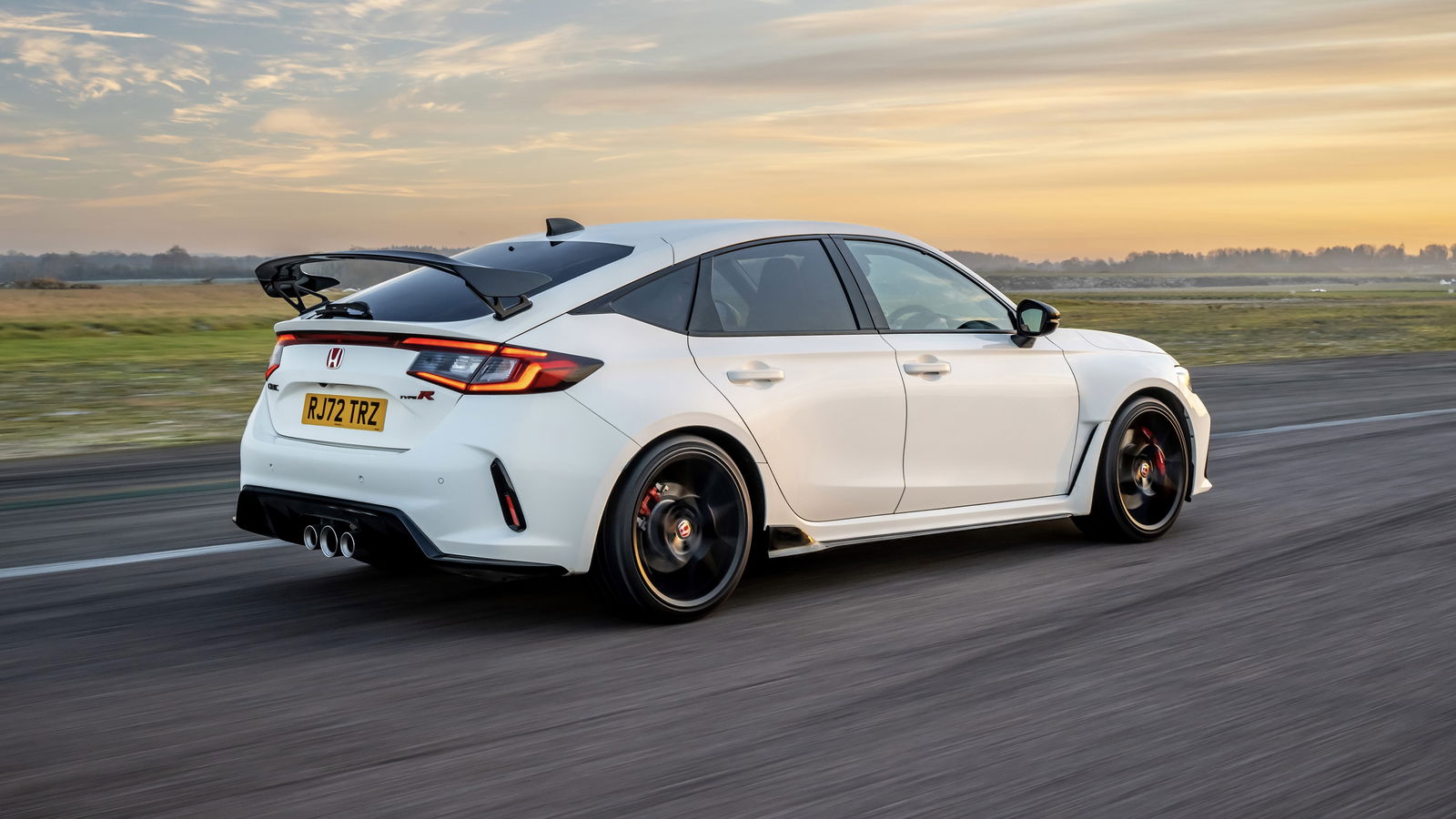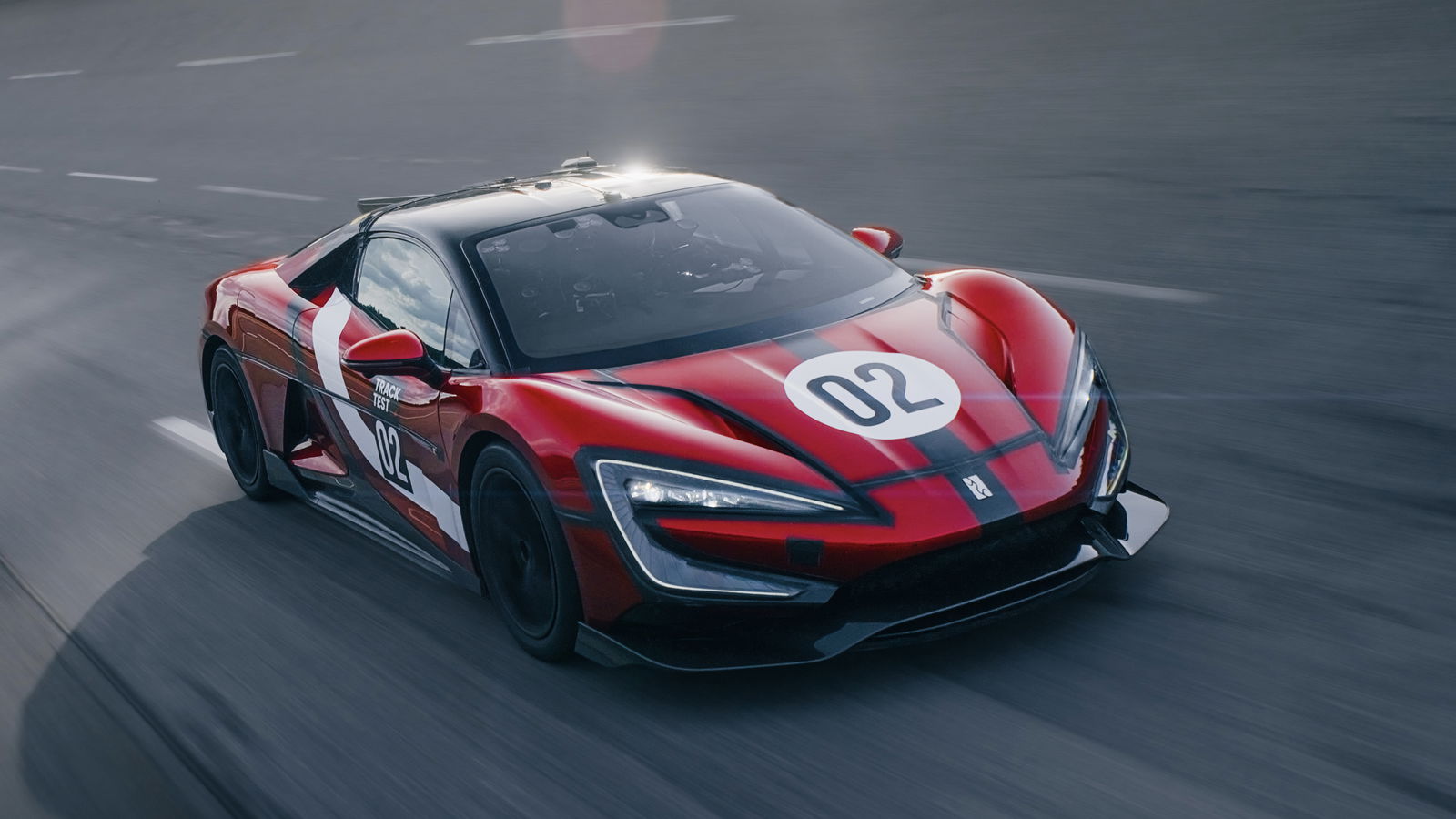What Is Engine Braking, And When Should I Use It?

We suspect you’re falling into one of two categories here. A) You’ve followed this link from Facebook and are wondering why we’re explaining something as simple as engine braking on Car Throttle, or B) You’re not afraid to admit you’ve heard of engine braking, but never truly understood what it is, or how to use it.
Either way, welcome, and don’t ever be afraid to learn new things. Engine braking is a very basic technique in driving, but one we suspect many drivers underutilise. What is it, and when should you use it? We’re here to help.
So, what is engine braking?
Simply put, engine braking is using your car’s engine to slow down. To engine brake, all you have to do is release the accelerator, which restricts airflow and uses the friction of the pistons with the engine to reduce speed.
The intensity of engine braking will vary depending on your car’s gear ratios, but regardless, a lower gear will have a more noticeable effect. Just be mindful not to shift down too early if you're in a manual.
When should I use engine braking?
In normal driving, engine braking is an effective way to bring your car to a gradual stop, particularly when coming up to junctions, traffic lights, or to sit in a queue of cars.
It means less use of your physical discs and pads, increasing the miles you’ll get out of them. That’s a particularly handy point for controlling your speed downhill, too, reducing the chances of cooking your brakes.

When shouldn’t I use engine braking?
You may be thinking engine braking can surely make you faster on track, then? Well, if you’re an expert racing driver, potentially, but engine braking at speed by dropping gears is a surefire way to unsettle a car. We’d advise against using it while finding your feet on a circuit, but feel free to play around with it once you’ve built some confidence.
As for on the road, try to avoid hard engine braking on slippery surfaces, particularly on ice, as that can lead to a very unsettled car and a very, very bad time. Oh, and in emergencies – always slam the middle pedal if you need to stop as quickly as possible, but hopefully we didn’t need to tell you that.
Can it damage my engine?
Done properly, engine braking shouldn’t meaningfully add any additional stress to your engine that normal driving otherwise would.
That said, aggressively shifting down can cause unnecessary stress to your engine’s internal components, and then you also run the risk of ‘money shifting’ with manual cars – going into too low a gear and over-revving the engine, leading to some pretty expensive repair bills.



Comments